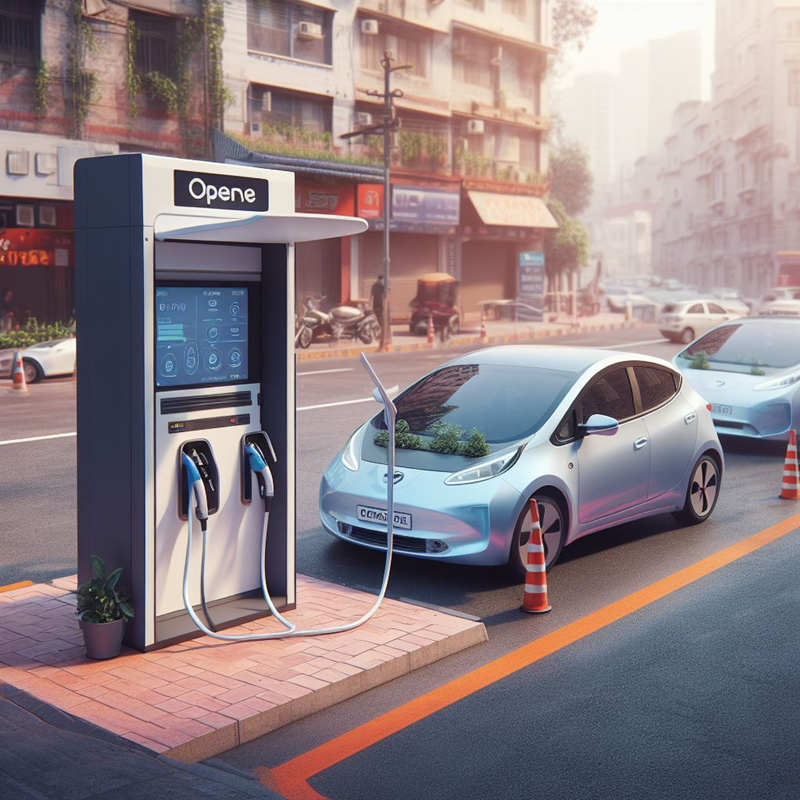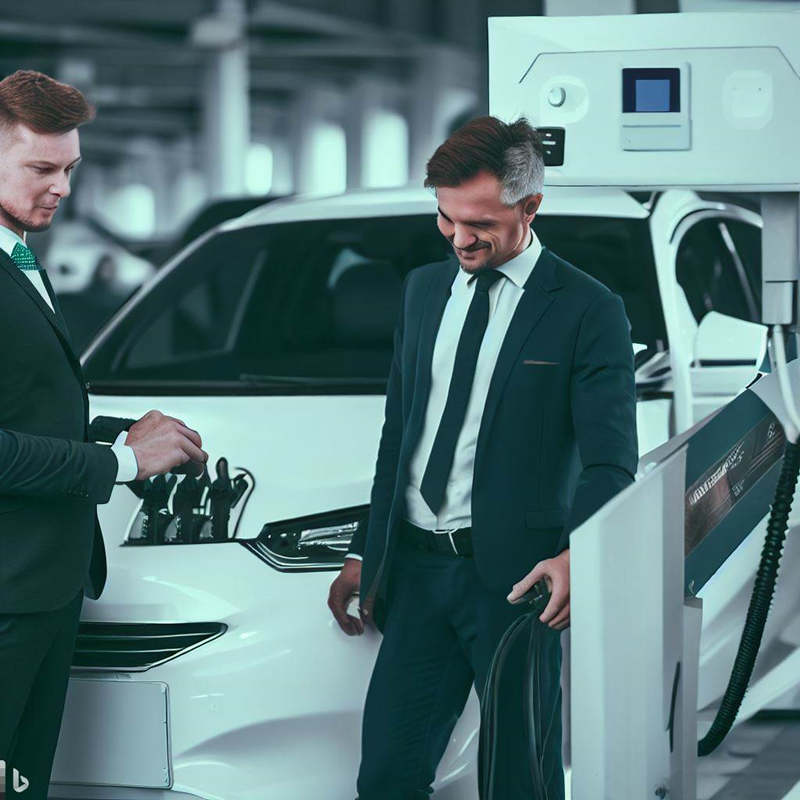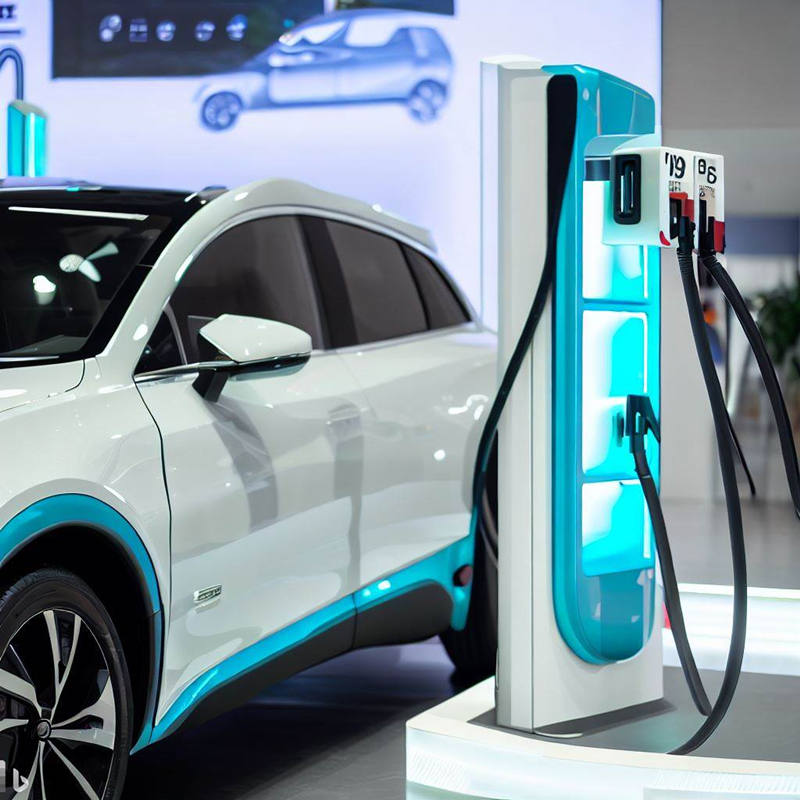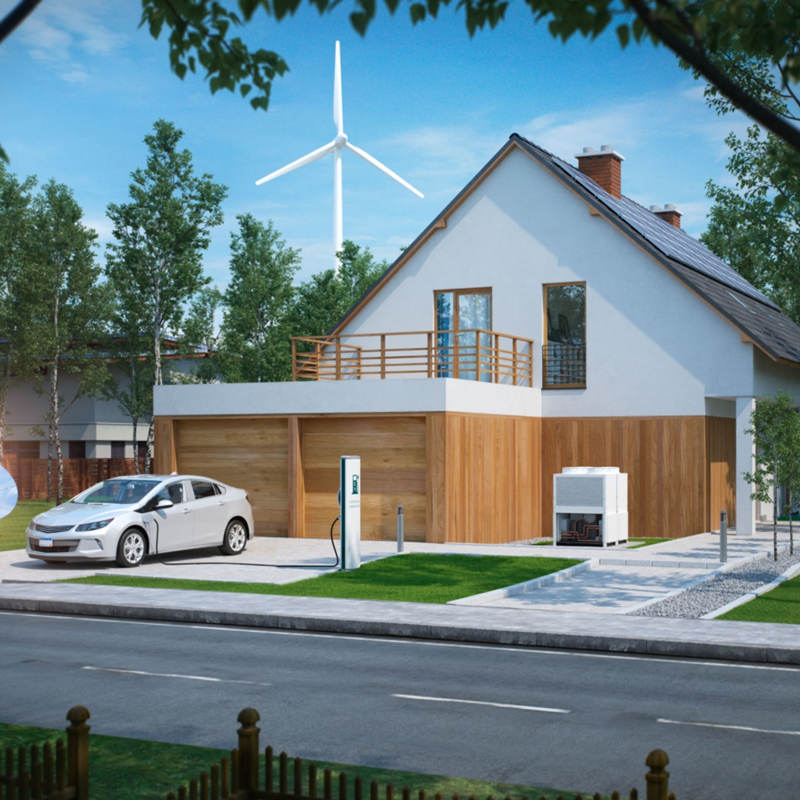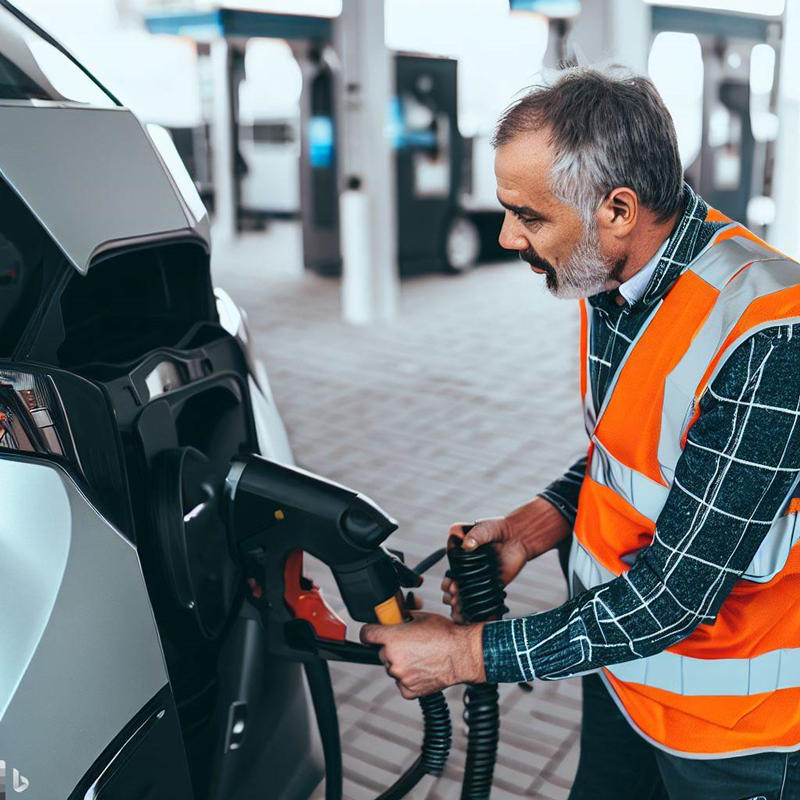Introduction:
Electric vehicles (EVs) are becoming increasingly popular in India, and the demand for electric car charging stations is growing rapidly. If you are considering opening an electric car charging station in India, there are a few things you need to know.
What is an electric car charging station?
An electric car charging station is a device that provides electricity to electric vehicles. There are two main types of electric car charging stations: slow chargers and fast chargers.
- Slow chargers (AC Level 1): Slow chargers are the most common type of electric car charging station. They can be plugged into a regular household outlet and typically take 6-8 hours to fully charge an electric vehicle.
- Fast chargers (AC Level 2 and DC fast chargers): Fast chargers are more powerful than slow chargers and can charge an electric vehicle in 2-4 hours.
Why open an electric car charging station in India?
There are several reasons why opening an electric car charging station in India could be a good business opportunity:
- Growing demand for electric vehicles: The demand for electric vehicles is growing rapidly in India. The government is supportive of the development of electric vehicle infrastructure, and there are a number of financial incentives available for electric vehicle owners.
- Government support for electric vehicle infrastructure: The Indian government is offering a number of subsidies and incentives for electric vehicle charging stations, including a capital subsidy of up to 40% of the cost of the charging station equipment.
- Potential to earn good profits: Electric car charging stations can be a profitable business. The average cost of charging an electric vehicle in India is Rs. 10-12 per unit. You can set your own charging rates and generate a profit from the difference between the cost of electricity and the charging rate you set.
- Opportunity to contribute to the development of green infrastructure: By opening an electric car charging station, you can contribute to the development of green infrastructure in India. Electric vehicles are more environmentally friendly than gasoline-powered vehicles, and they can help to reduce air pollution and greenhouse gas emissions.
Types of electric car charging stations
There are four main types of electric car charging stations:
- Slow chargers (AC Level 1): Slow chargers are the most common type of electric car charging station. They can be plugged into a regular household outlet and typically take 6-8 hours to fully charge an electric vehicle.
- Fast chargers (AC Level 2): Fast chargers are more powerful than slow chargers and can charge an electric vehicle in 2-4 hours. AC Level 2 chargers are typically used for public and commercial charging stations.
- DC fast chargers: DC fast chargers are the most powerful type of electric car charging station. They can charge an electric vehicle in 30 minutes or less. DC fast chargers are typically used for highways and other high-traffic areas.
- Superfast chargers: Superfast chargers are even more powerful than DC fast chargers. They can charge an electric vehicle in 15 minutes or less. Superfast chargers are still in development, but they are expected to become more common in the future.
Government Support for Electric Vehicle Charging Stations in India
The Indian government is committed to promoting the adoption of electric vehicles (EVs) in the country. As part of this effort, the government has implemented a number of policies and incentives to encourage the setting up of EV charging stations across India.
No License Required for Public Stations
One of the most significant steps taken by the government is to remove the requirement of a license for setting up public EV charging stations. This means that any individual or entity can now set up an EV charging station without having to go through a lengthy and expensive licensing process.
Public Land for Charging Stations
The government is also making public land available for setting up EV charging stations. This will help to reduce the cost of setting up charging stations and make them more accessible to EV owners.
States to Fix Service Charge Ceiling
The government has also directed states to fix a ceiling on the service charges that can be levied by EV charging station operators. This will help to ensure that EV owners are not charged exorbitant rates for using charging stations.
Government Incentives
In addition to the above measures, the government is also offering a number of financial incentives for setting up EV charging stations. These incentives include:
- Capital subsidy of up to 25% for setting up EV charging stations in select cities
- Income tax exemption for companies that invest in setting up EV charging stations
- Priority lending from banks and financial institutions for companies that invest in setting up EV charging stations
Infrastructure for EV Charging Stations
The government is also working to develop the necessary infrastructure for EV charging stations. This includes laying down new power lines and installing charging stations in public places such as parking lots, highways, and bus depots.
Benefits of Government Support for EV Charging Stations
The government’s support for EV charging stations has a number of benefits, including:
- Increased adoption of EVs: By making it easier and more affordable to set up EV charging stations, the government is helping to increase the adoption of EVs in India.
- Reduced pollution: EVs are a much cleaner mode of transportation than gasoline-powered vehicles. By increasing the adoption of EVs, the government is helping to reduce air pollution in India.
- Reduced oil imports: EVs are powered by electricity, which can be generated from renewable sources such as solar and wind energy. By increasing the adoption of EVs, the government is helping to reduce India’s dependence on imported oil.
- Job creation: The setting up and operation of EV charging stations will create new jobs in the country.
Costs Involved in Setting Up EV Charging Stations in India
The cost of setting up an EV charging station in India is still relatively high, but it is expected to come down in the future as the EV market grows and more competition enters the market.
The government is also offering a number of incentives to encourage the setting up of EV charging stations, which can help to reduce the overall cost.
Setting up an EV charging station in India involves several costs, including the following:
- Equipment Costs: The cost of the charging equipment is one of the biggest expenses involved in setting up an EV charging station. The cost of the equipment varies depending on the charging speed, power supply, and charging standards. For example, a slow AC charger may cost around ₹20,000 – ₹30,000, while a fast DC charger may cost around ₹3 lakhs – ₹10 lakhs.
- Installation Costs: The installation costs include the cost of labor, cabling, and other installation materials. The installation costs can vary depending on the location of the charging station and the complexity of the installation. For example, installing a charging station in a remote area or a congested area may be more expensive than installing a charging station in an easily accessible area.
- Operational Costs: The operational costs involve the cost of electricity, maintenance, and upgrades. The cost of electricity is the biggest operational expense, and it can vary depending on the tariff rates and the amount of electricity consumed. For example, the cost of electricity will be higher for a charging station that operates 24/7 than for a charging station that only operates during certain hours of the day.
- Permit and License Fees: The permit and license fees involve the cost of obtaining the necessary approvals from the relevant authorities. The fees can vary depending on the location and the type of charging station. For example, the fees for a charging station that is located in a public place may be higher than the fees for a charging station that is located in a private place.
- Marketing Costs: The marketing costs involve the cost of advertising, promotions, and other marketing activities. The marketing costs can vary depending on the marketing channels used and the target audience. For example, the marketing costs for a charging station that is targeting commercial customers may be higher than the marketing costs for a charging station that is targeting individual customers.
Average Cost of Setting Up a Public EV Charging Station in India
The average cost of setting up a public EV charging station in India varies from ₹30 lakh to ₹50 lakh. The cost can be classified as below:
Infrastructural costs: ₹10 lakh to ₹20 lakh
Charger costs: ₹15 lakh to ₹30 lakh
Infrastructural Costs for Setting Up EV Charging Stations
The infrastructural costs include equipment and land required for the EV charging station. The cost of land will vary depending on the location and size of the charging station.
Charger Costs
The cost of the chargers will vary depending on the type and number of chargers installed. For example, a fast DC charger will be more expensive than a slow AC charger.
Additional Tips for Reducing the Cost of Setting Up an EV Charging Station
- Consider partnering with other businesses to set up a charging station. This can help to reduce the cost of land and installation.
- Apply for government subsidies and incentives. The government offers a number of financial incentives to encourage the setting up of EV charging stations.
- Purchase chargers in bulk. This can help to reduce the cost per charger.
- Choose a location with a reliable power supply. This will help to reduce the cost of electricity.
- Market your charging station effectively. This will help to attract customers and generate revenue.
Step-by-step guide on how to set up an electric vehicle charging station in India
Here is a step-by-step guide on how to set up an electric vehicle charging station in India:
1. Choose the right type of charging station for your needs. Consider the following factors when choosing a charging station:
- The type of electric vehicles that you expect to serve
- The amount of space that you have available
- Your budget
2. Find a suitable location for your charging station. Consider the following factors when choosing a location:
- Accessibility to electric vehicle owners
- Proximity to other businesses and amenities
- Visibility and signage
3. Obtain the necessary permits and approvals. The specific requirements will vary depending on your location. However, you will typically need to obtain a permit from the local electricity authority and/or the local municipal corporation.
4. Install the charging station. This should be done by a qualified electrician.
5. Market your charging station to potential customers
You can market your charging station to potential customers through a variety of channels, including:
- Online: Create a website and social media pages for your charging station. You can also list your charging station on online directories such as Google Maps and Plugshare.
- Offline: Print and distribute flyers and posters in your local area. You can also partner with local businesses to promote your charging station.
6. Additional tips:
- Consider partnering with other businesses in your area, such as restaurants, hotels, and shopping malls, to offer discounts to electric vehicle owners who use your charging station.
- Offer a variety of payment options, such as credit cards, debit cards, and mobile wallets.
- Make it easy for customers to find and use your charging station by providing clear signage and directions.
- Offer a loyalty program to reward customers for using your charging station regularly.
- By following these tips, you can increase your chances of success in the electric car charging station business.
Conclusion
Opening an electric car charging station in India can be a rewarding business opportunity. The demand for electric vehicles is growing rapidly in India, and the government is supportive of the development of electric vehicle infrastructure.
If you are considering opening an electric car charging station in India, be sure to do your research and create a solid business plan.
References
1. How can smart charging steer electric vehicle uptake in India? by Zoe Hungerford, Energy Analyst
3. New EV Charging Norms: No Licence To Set Up Public Stations, Government To Offer Land
(The new guidelines cover tariff and measures to boost EV charging infrastructure in India.)
4. How to Apply for EV Charging Station in India? Cost, Franchise, Government Guidelines
5. How to Set Up EV Charging Stations in India
8. List of Public Charging Stations installed by NTPC/EESL/PGCIL/IOCL/BPCL/HPCL india
9. Electric Vehicle Policies issued by the State Governments India All about Electric Vehicle

